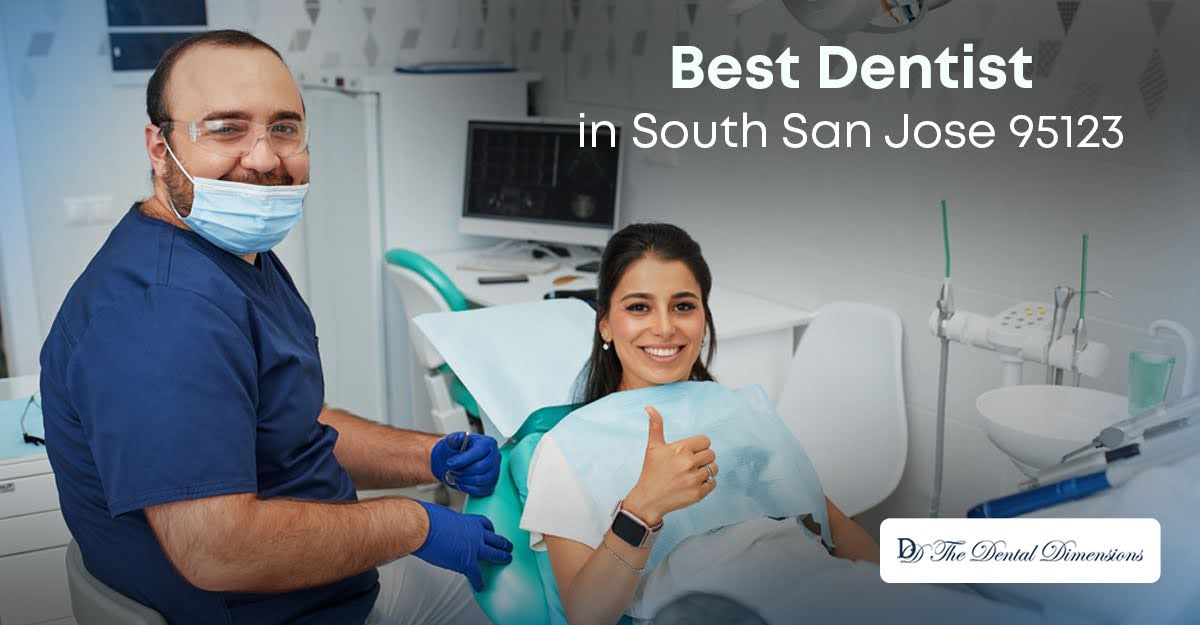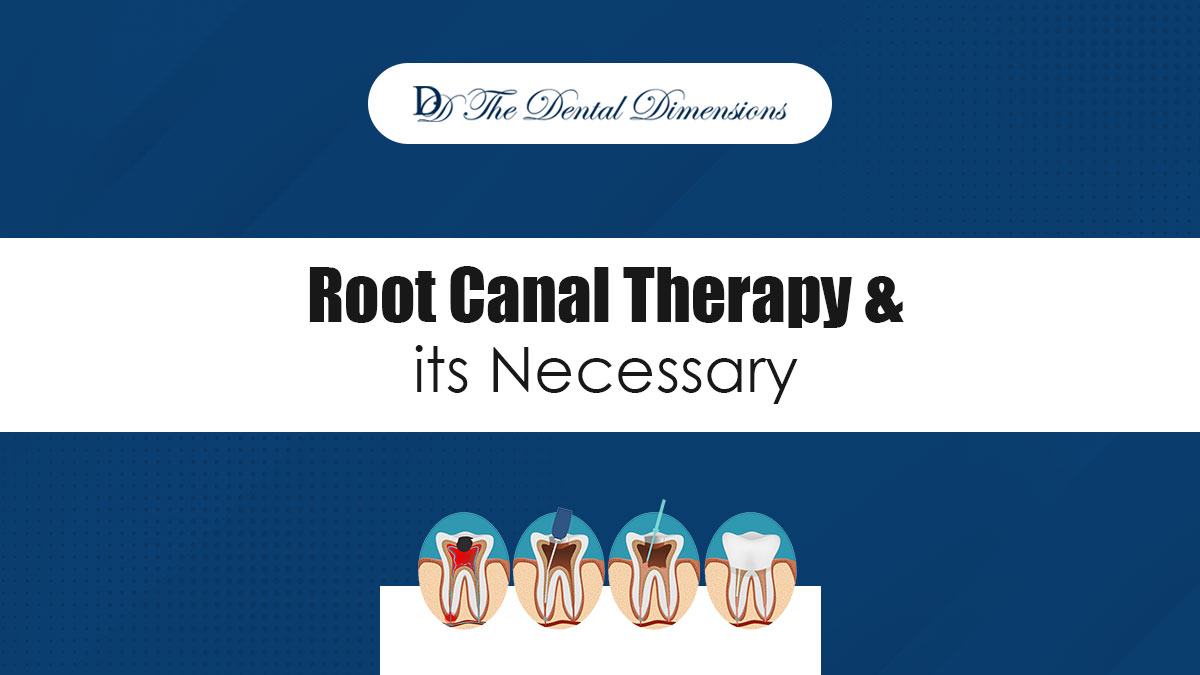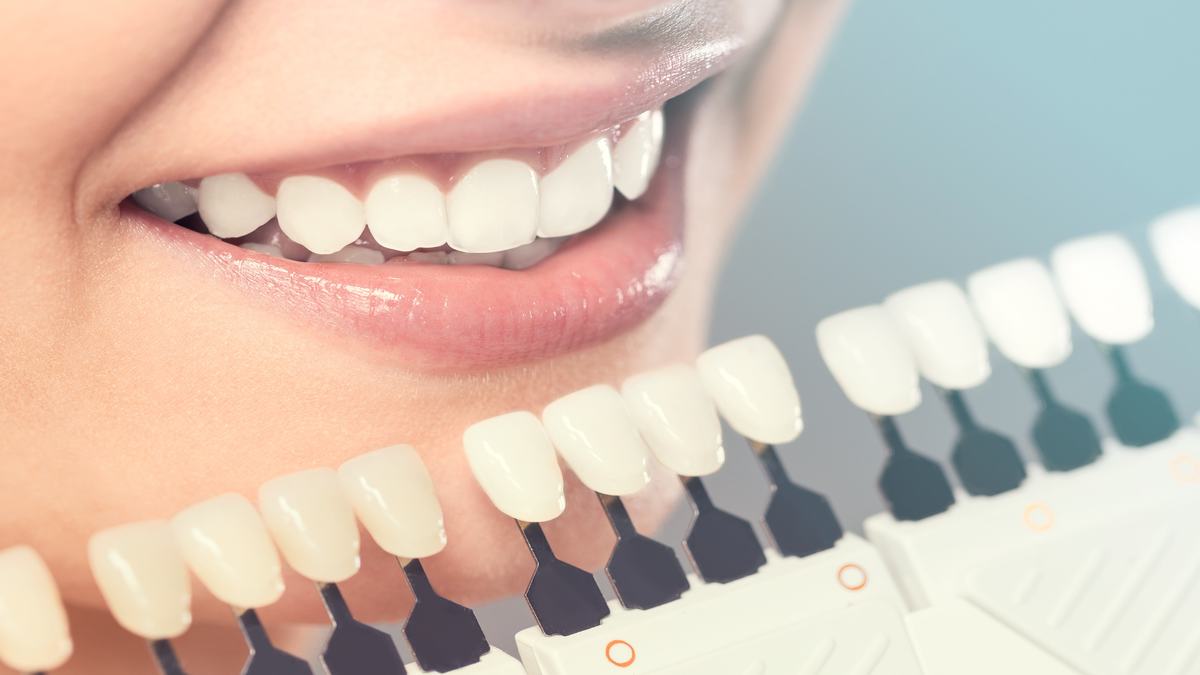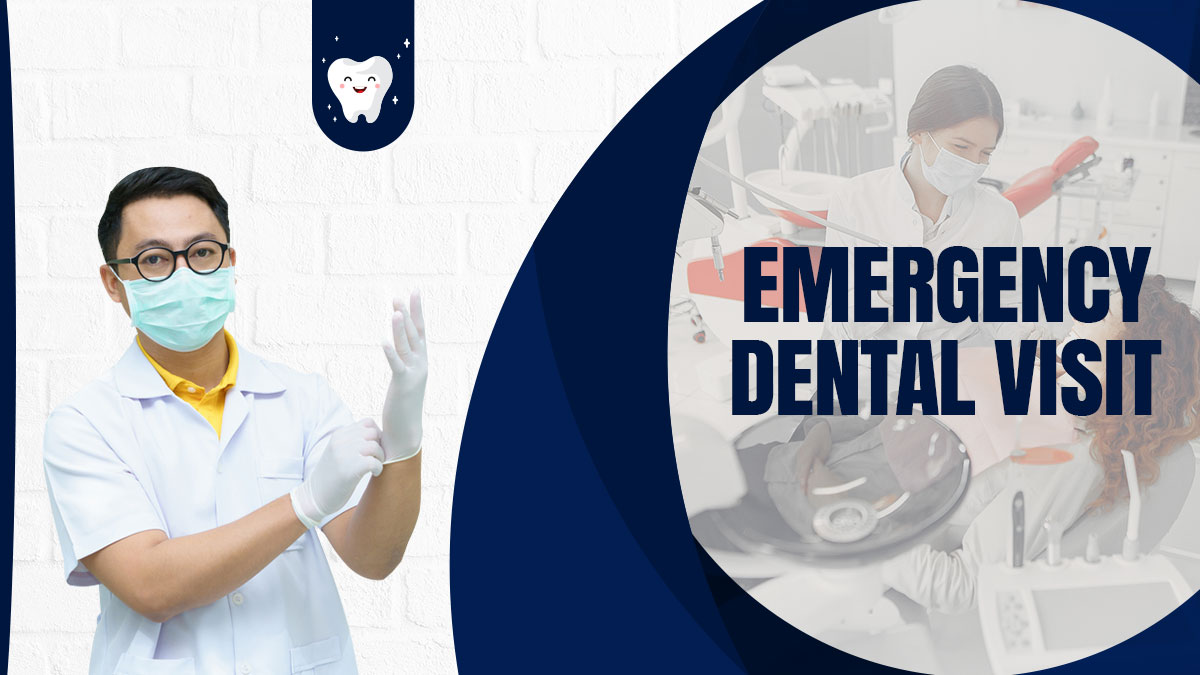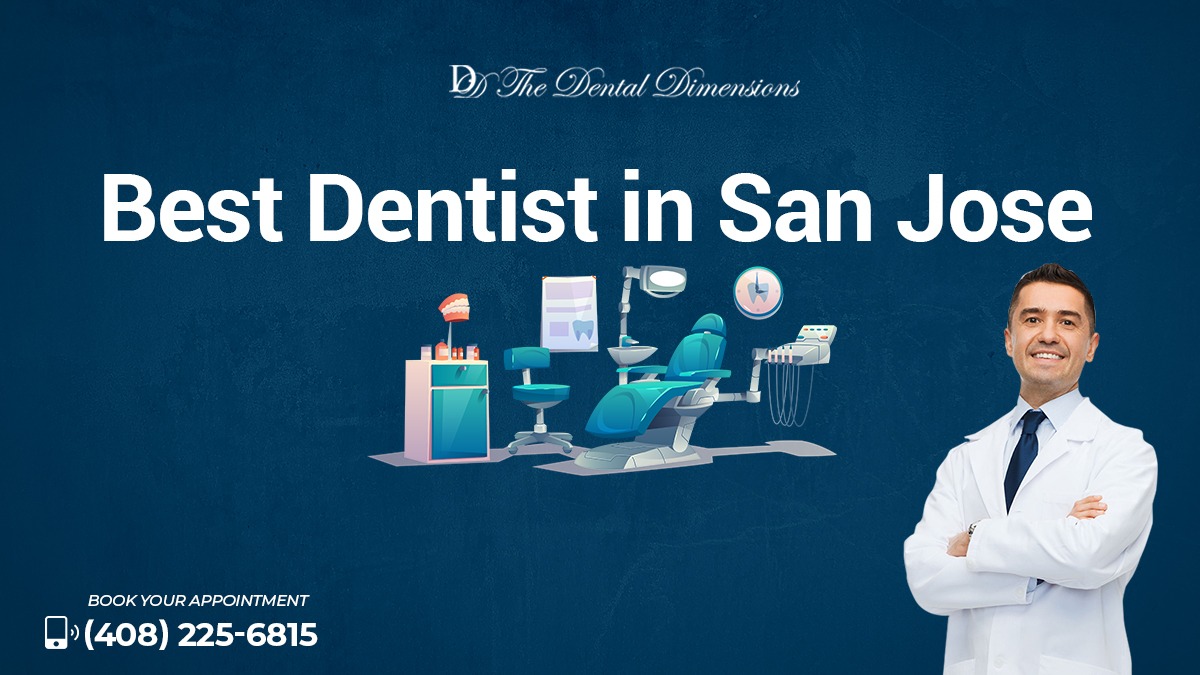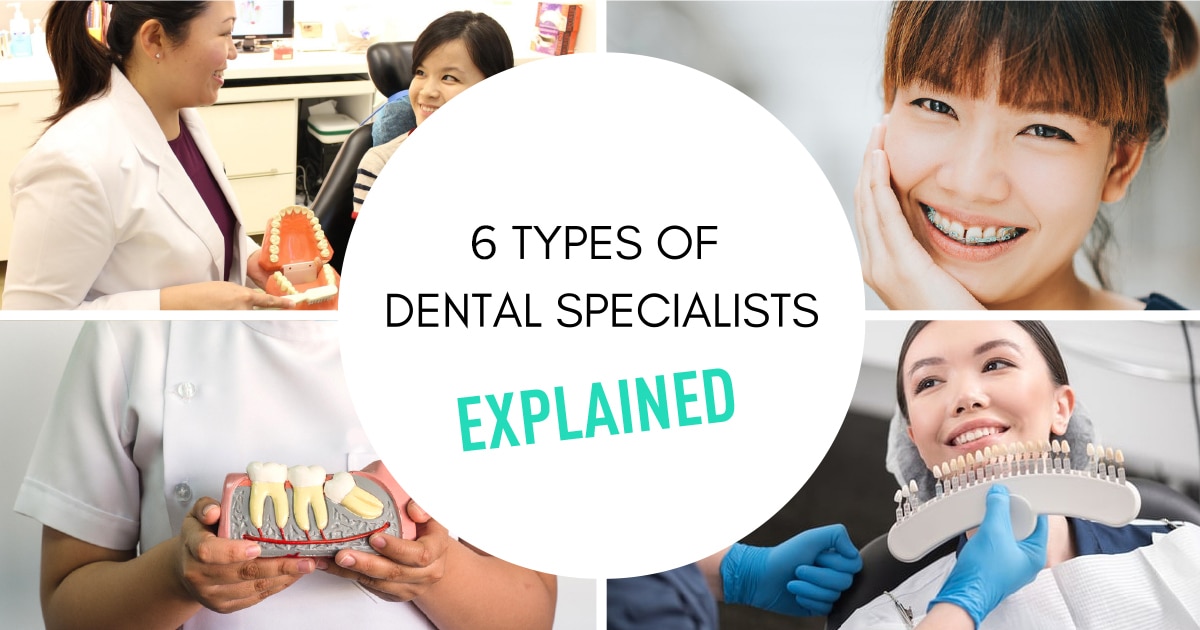Your smile deserves expert care, and at The Dental Dimensions in San Jose, we’re here to make that happen without breaking the bank. If you’ve been searching for “new patient dental specials” or a trusted “dentist in San Jose,” you’ve come to the right place. Our goal is simple—to provide expert dental care tailored to your needs while ensuring your visit is personalized, comfortable, and affordable.
Read on to explore our exclusive new patient offers, the benefits of choosing The Dental Dimensions, and answers to some common dental FAQs.
Why Choose The Dental Dimensions?
Choosing the right dentist matters. A healthy smile is key not just to your confidence but to your overall health. Here’s why The Dental Dimensions stands out as the top choice for dental care in San Jose:
1. Two Convenient Locations
We’re proudly located in South San Jose (5710 Cahalan Avenue, Suite 3) and West San Jose (20445 Prospect Road, Suite 3), allowing you to choose the office nearest to you.
2. Affordable Care with Patient Specials
We believe everyone deserves access to high-quality dental care. That’s why we’ve rolled out new patient specials designed to make your first visit affordable and stress-free.
3. Comprehensive Dental Services
From preventive care to advanced cosmetic treatments, our dentists bring expertise to every appointment. We provide services like teeth cleanings, Invisalign, crowns, dental implants, and emergency dental care.
4. Compassionate, Personalized Attention
Whether you’re dealing with dental anxiety or just need extra time to discuss your concerns, our team prioritizes your comfort. We provide gentle, patient-centered care tailored to every individual.
5. Expert Team
Our highly trained dentists, including Dr. Deepak Shetty, Dr. Kavita Bhatia, and Dr. May Yoneyama, are known for their expertise, trustworthiness, and ability to deliver reliable care.
Unlock Savings with Our New Patient Dental Specials
We understand that visiting a dentist for the first time can feel overwhelming, especially if you’re concerned about costs. That’s why The Dental Dimensions is proud to offer new patient dental specials! These limited-time offers are an excellent way for you to get a fresh start on your oral health and experience the exceptional care we provide.
Our specials often include promotions for:
- Initial consultations and exams
- Professional teeth cleanings
- X-rays to assess oral health
- Discounts on advanced procedures
You can count on transparent pricing, and our staff will happily walk you through payment options, including insurance and flexible financing plans. Take the first step toward better oral health by scheduling your appointment today.
Comprehensive Dental Services for Every Need
Our comprehensive services cater to all your dental needs under one roof. Here’s an overview of our offerings and what you can expect:
1. Preventive Dentistry
Prevention is the foundation of a healthy smile. Regular checkups, dental cleanings, and personalized hygiene advice help keep cavities and gum disease at bay.
2. Cosmetic Dentistry
Transform your smile with our cosmetic services, including teeth whitening, veneers, and Invisalign. A brighter, straighter smile is closer than you think.
3. Restorative Dentistry
With treatments like crowns, bridges, and dental implants, we restore damaged teeth to their original strength and appearance.
4. Emergency Dentistry
Dental emergencies can strike when you least expect them. Our team offers swift, effective care to address sudden pain, broken teeth, or other urgent issues.
5. Family Dentistry
From kids to seniors, we’re proud to serve every member of your family, tailoring treatments to meet their unique needs.
What Sets Us Apart as San Jose’s Top Dentist?
1. State-of-the-Art Technology
We invest in advanced dental technology to ensure precise diagnoses and effective treatments. From 3D imaging to pain-free laser dentistry, we deliver modern care you can trust.
2. Relaxing Environment
Our offices are designed to make you feel at ease. We strive to provide a stress-free atmosphere for every patient, regardless of age or treatment type.
3. Tailored Care Plans
Every patient is unique, so we create personalized dental plans that align with your goals, preferences, and budget.
4. Commitment to Oral Health Education
We don’t just treat dental issues—we educate our patients about maintaining optimal oral hygiene for lifelong health.
Frequently Asked Questions (FAQs)
Q1. What are new patient dental specials, and how can I benefit from them?
Our new patient dental specials are exclusive promotions for first-time visitors. Benefits include discounted exams, cleanings, and x-rays, making it easier for you to start your oral health journey with us.
Q2. How often should I visit the dentist?
We recommend seeing a dentist every six months for regular checkups and cleanings. However, individuals with specific concerns, such as gum disease, may need more frequent visits.
Q3. Do you offer Invisalign in San Jose?
Yes, we do! Invisalign is one of our most popular treatments, helping patients achieve beautifully aligned teeth with clear, removable aligners.
Q4. What dental insurance plans do you accept?
We work with a variety of dental insurance plans and offer flexible payment options. Our team will help you understand your benefits and costs before starting treatment.
Q5. Is sedation available for nervous patients?
Absolutely! We understand dental anxiety, and we offer sedation options to ensure a pain-free and relaxing experience for every patient.
Q6. What if I need urgent dental care after hours?
Our dentists are here to address emergencies promptly. If you’re experiencing pain, swelling, or damage to your teeth, call us immediately at 408-225-6815 (South San Jose) or 408-252-3212 (West San Jose).
Take the First Step Toward a Healthier Smile
At The Dental Dimensions, we believe that everyone deserves exceptional dental care. With new patient dental specials and comprehensive services, we’re here to make your experience at the dentist pleasant, affordable, and productive.
Don’t wait to prioritize your oral health. Schedule your appointment today and discover why patients in San Jose trust us as their go-to dental team.
Locations:
- South San Jose – 5710 Cahalan Avenue, Suite 3, San Jose, CA 95123
- West San Jose – 20445 Prospect Road, Suite 3, San Jose, CA 95129
Call us at 408-225-6815 or 408-252-3212 to book your appointment, or visit our website to learn more about our services. We’re excited to help you achieve the smile you deserve!



